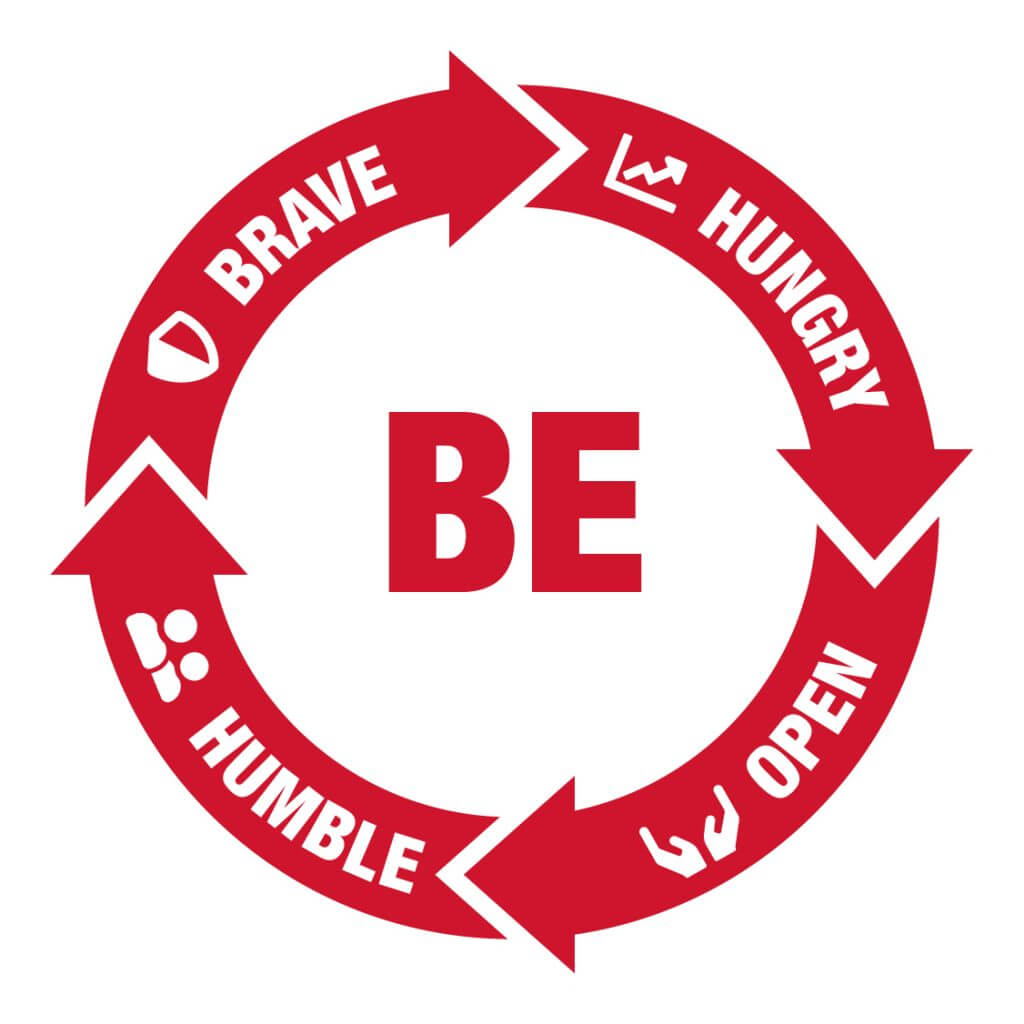When I was a competitive athlete, I voraciously sought out coaches to help me in all areas that would help me get better and better at my sport. When I started out as a business coach well over a decade ago, I did the same. I sought out multiple coaches and mentors to help me learn and grow as a coach. I still do, and again in various areas.
Take a look around, those driven to constantly grow and improve are often those who are the most successful in their careers and with their businesses, and they also have the most invested in and most number of coaches and others supporting them and their business.
I only work with leaders like this, with people who model open leadership, being both Brave and Hungry and also Open and Humble. They don’t have all the answers and, in fact, the more they learn the more they will achieve.
Take a look at my homepage for recommendations from several of those leaders, as well as my Linked In profile. When you do read the thoughts of those people, ask yourself how many coaches they have and how successful they are. Reader, the answers are often “lots” and “very”.
Now, this is not a new thought to share, but it is inspired today from a recent post from Seth Godin, so reposting his blog below, and to his point that seeking coaching may be seen as a sign of weakness, that we don’t “got this” (forgive the grammar), perhaps also consider contacting one or two of those who have given me testimonials and recommendations.
These are people who have embraced being supported, not only by me but in many facets of their work and life. Ask them what their approach is to learning, coaching, growing, developing. One thing they all have in common is what I call “elite mindset”, the desire to go from good to great to elite in their performance, their business, their lives.I believe that none of us has truly “got this”, so where could you embrace being supported, whether by coaching or elsewhere.
PS a question I often ask is “how do I select the right coach for me?”, to which my first response is “ask them how many people they have supporting them”.
A coaching paradox
At the top tier of just about any sort of endeavor, you’ll find that the performers have coaches.Pianists, orators and athletes all have coaches. In fact, it would be weird if we heard of someone on stage or on the field who didn’t have one.
And yet, in the world of business, they’re seen as the exception.
Part of the reason is that work feels like an extension of something we’ve been doing our whole lives. Figure skating isn’t like school, but showing up at work seems to be. “I’ve got this,” is a badge of honor.
And part of the reason is that a few coaches have made claims that stretch belief, and we’re not actually sure what they do. It doesn’t help that there’s no easy way to identify what sort of coach we need or what we’re going to get…
It turns out that the people with the potential to benefit the most from a coach are often the most hesitant precisely because of what coaching involves.
Talking about our challenges. Setting goals. Acknowledging that we can get better. Eagerly seeking responsibility…
And yet we avert our eyes and hesitate. It might be because having a coach might be interpreted as a sign of weakness. And what if we acknowledge our challenges but fail to overcome them? It could be that we don’t want to cause change to happen, or that we’re worried that we will.
One company I admire believes in coaches so much that they’ve put several on staff, ensuring that their leadership all benefit from one. But mostly, it’s something we have to pay for ourselves.
And so, paying for a coach, for something that’s hard to measure, which might be socially awkward, to get better at something that feels normal—combine that with a hesitancy to ask for help—it’s a wonder anyone has a coach.
The paradox is that the very things that hold us back are the reasons we need a coach in the first place.
Seth Godin – a coaching paradox

